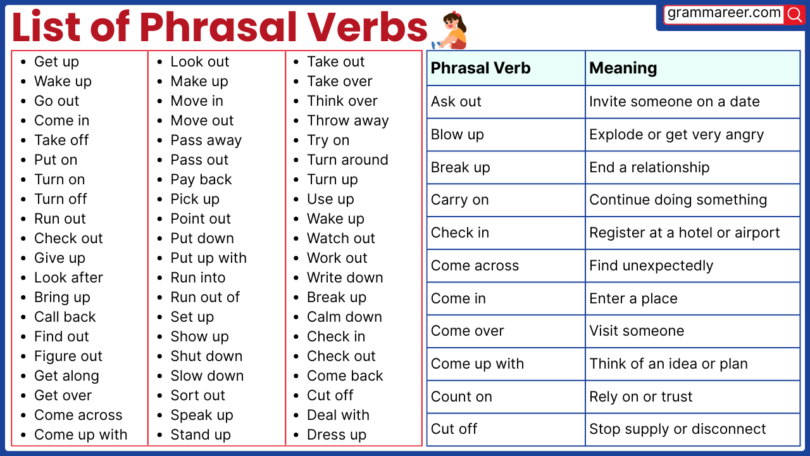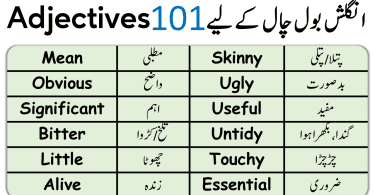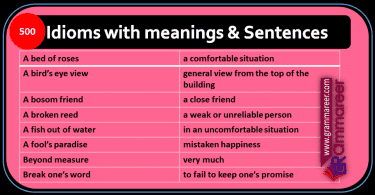Understanding phrasal verbs is key to mastering fluent English communication. In this blog post, you will learn how verb-preposition combinations form new meanings beyond individual words. Many English learners struggle with phrasal verbs because they don’t follow direct translations or standard grammar patterns. This list helps you understand commonly used phrasal verbs that appear in everyday speech, writing, and listening tasks. By studying these expressions, you can build stronger sentence structure, boost comprehension, and speak with more confidence.
Table of Contents
What Are Phrasal Verbs?
Phrasal verbs are verbs combined with one or more particles (prepositions or adverbs) that change the meaning of the original verb. They are commonly used in spoken and written English and can sometimes be confusing because the meaning isn’t always obvious.
- “give up” means to stop doing something.
- “look after” means to take care of someone or something.
Learning phrasal verbs helps improve both understanding and fluency in English.
Common Phrasal Verbs List
Below are some of the most common phrasal verbs used in daily English:
- get up
- give up
- take off
- turn on
- turn off
- look after
- run out
- break down
- come in
- go out
- carry on
- find out
- check out
- hang out
- hold on
- look for
- put off
- throw away
- bring up
- call back
80+ Phrasal Verbs List with Meaning
- Ask out – Invite someone on a date
- Back up – Support someone or something
- Blow up – Explode or get very angry
- Break down – Stop functioning (vehicle/machine), or become emotional
- Break up – End a relationship
- Bring up – Mention a topic or raise a child
- Call off – Cancel something
- Carry on – Continue doing something
- Catch up – Reach the same level or standard
- Check in – Register at a hotel or airport
- Check out – Leave a hotel or examine something
- Come across – Find unexpectedly
- Come in – Enter a place
- Come over – Visit someone
- Come up with – Think of an idea or plan
- Count on – Rely on or trust
- Cut down on – Reduce the use of something
- Cut off – Stop supply or disconnect
- Deal with – Handle a problem or situation
- Do over – Repeat something
- Dress up – Wear fancy or formal clothes
- Drop by – Visit without appointment
- Drop out – Quit school or an activity
- Figure out – Understand or solve something
- Fill in – Complete a form
- Fill out – Write all required information
- Find out – Discover or learn
- Get along – Have a good relationship
- Get away – Escape
- Get back – Return to a place
- Get in – Enter (a car, building)
- Get off – Leave a bus, train, or plane
- Get on – Board a vehicle
- Get over – Recover from something
- Give away – Donate or reveal a secret
- Give back – Return something
- Give up – Stop trying or surrender
- Go after – Try to get something
- Go away – Leave a place
- Go back – Return to a place
- Go on – Continue or happen
- Go out – Leave home for social activities
- Grow up – Become an adult
- Hang on – Wait a short time
- Hang out – Spend time relaxing
- Hold on – Wait or grip tightly
- Hurry up – Do something quickly
- Keep on – Continue doing something
- Keep up – Maintain the same pace
- Kick out – Force someone to leave
- Leave out – Exclude
- Let down – Disappoint someone
- Look after – Take care of someone/something
- Look for – Search for
- Look forward to – Anticipate something with pleasure
- Look out – Be careful or watch out
- Look up – Search for information
- Make up – Invent a story or reconcile
- Mix up – Confuse two things
- Pass away – Die
- Pass out – Faint or distribute
- Pick up – Lift something or someone
- Point out – Indicate or show
- Put away – Store or tidy
- Put off – Postpone
- Put on – Wear clothes or gain weight
- Put out – Extinguish something
- Run out of – Have no more of something
- Set up – Arrange or establish
- Show off – Brag or attract attention
- Shut down – Close or stop operating
- Slow down – Reduce speed
- Speak up – Talk louder
- Stand by – Support or be ready
- Take after – Resemble a relative
- Take away – Remove something
- Take back – Return something
- Take off – Remove or begin flight
- Take over – Gain control
- Talk over – Discuss
- Think over – Consider carefully
- Throw away – Discard
- Turn down – Refuse or lower volume
- Turn off – Stop a machine or switch
- Turn on – Start a machine or switch
- Turn up – Arrive or increase volume
- Wake up – Stop sleeping
- Watch out – Be careful
- Work out – Exercise or find a solution
- Write down – Record on paper
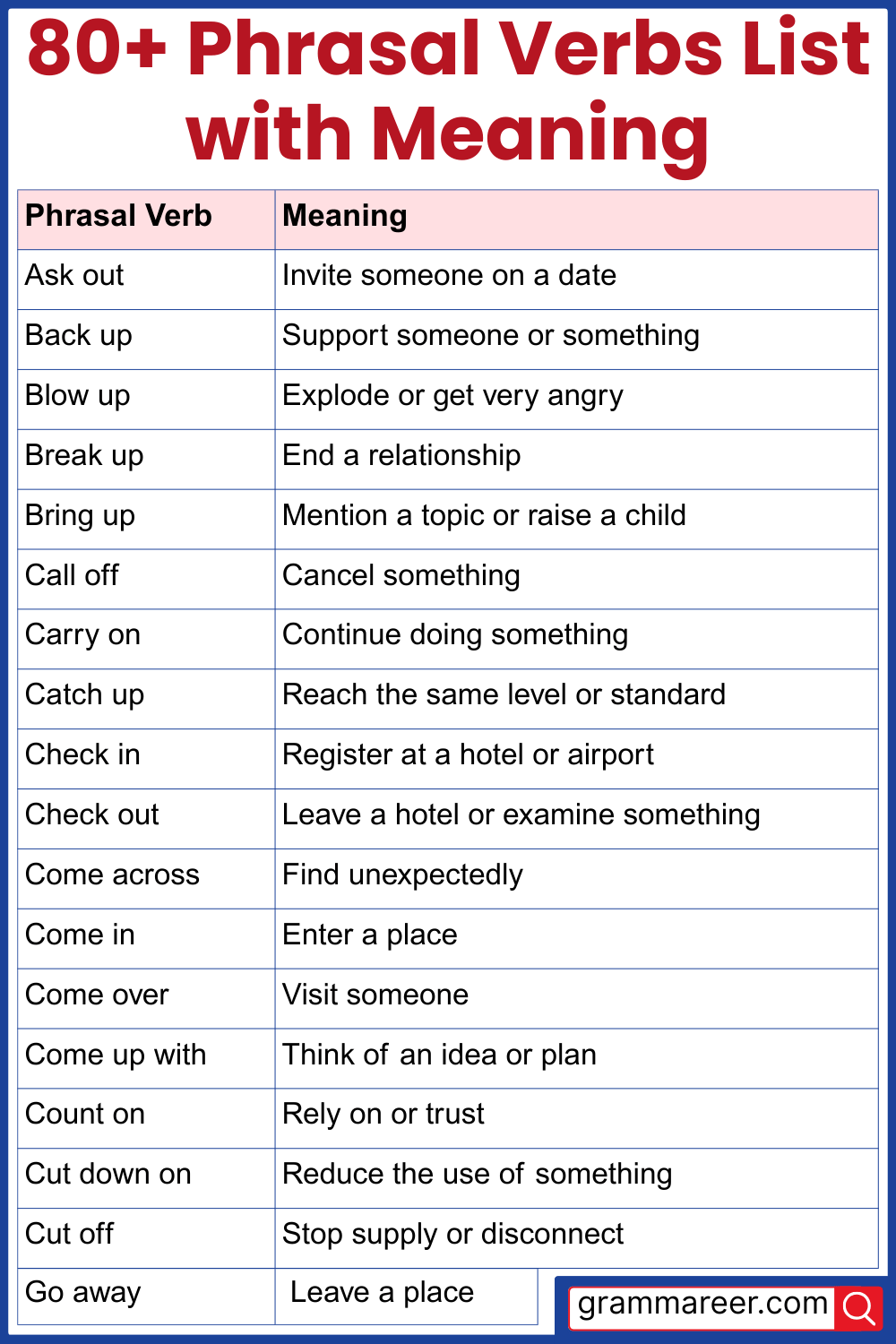
100+ Phrasal Verbs List
- Get up
- Wake up
- Go out
- Come in
- Take off
- Put on
- Turn on
- Turn off
- Run out
- Check out
- Give up
- Look after
- Bring up
- Call back
- Find out
- Figure out
- Get along
- Get over
- Come across
- Come up with
- Fall apart
- Fall down
- Fill out
- Fill in
- Get back
- Get in
- Get out
- Go back
- Grow up
- Hang on
- Hang out
- Hold on
- Keep on
- Let down
- Look for
- Look forward to
- Look out
- Make up
- Move in
- Move out
- Pass away
- Pass out
- Pay back
- Pick up
- Point out
- Put down
- Put up with
- Run into
- Run out of
- Set up
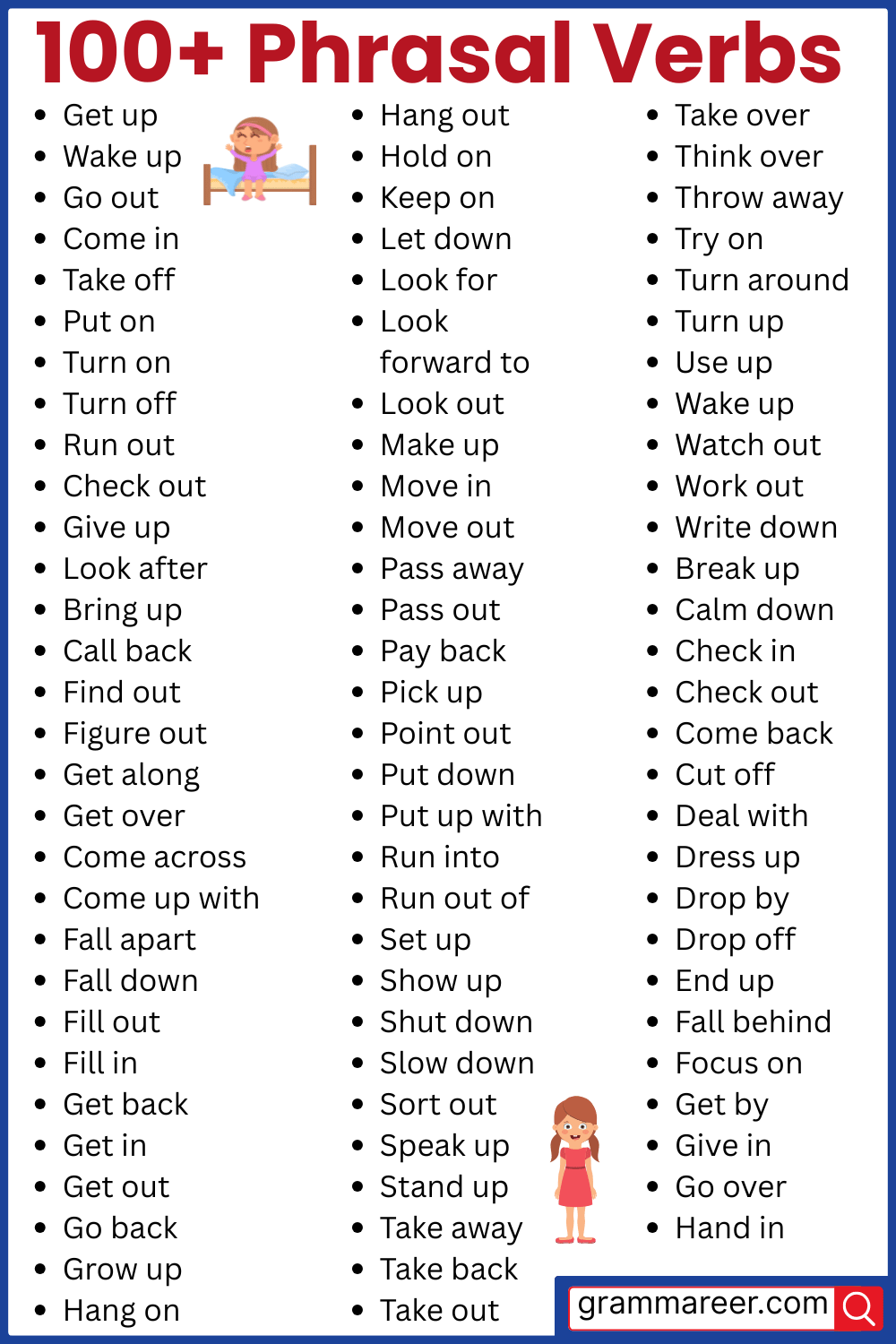
- Show up
- Shut down
- Slow down
- Sort out
- Speak up
- Stand up
- Take away
- Take back
- Take out
- Take over
- Think over
- Throw away
- Try on
- Turn around
- Turn up
- Use up
- Wake up
- Watch out
- Work out
- Write down
- Break up
- Calm down
- Check in
- Check out
- Come back
- Cut off
- Deal with
- Dress up
- Drop by
- Drop off
- End up
- Fall behind
- Focus on
- Get by
- Give in
- Go over
- Hand in
- Hold back
- Keep away
- Kick off
- Knock out
- Leave out
- Look back
- Move on
- Note down
- Put on
- Read out
- Run away
- Set off
- Stick to
- Talk over
Phrasal Verbs Examples Sentences List
- Fatimah gave up eating sugar to improve her health.
- Bilal looked after the garden during the summer.
- Yusuf took off his shoes before entering the masjid.
- Khadijah put off her exam preparation until the last minute.
- They turned on the heater when it got cold.
- Aisha ran out of money while shopping.
- The bus broke down on the way to the university.
- Please come in and close the door behind you.
- I found out the answer after checking the book.
- The children grew up in a peaceful village.
Conclusion
Phrasal verbs are a key part of English that add variety and depth to the language. Although they can be tricky at first, learning their meanings and how to use them in sentences will greatly improve your speaking and writing. Try to memorize them in context to make them easier to understand.
FAQs
A phrasal verb is a combination of a verb and one or more particles (like prepositions or adverbs) that changes the verb’s meaning.
They are common in everyday English and help express ideas more naturally and fluently.
Use them in daily sentences and learn them in context with examples.
Yes. For example, “take off” can mean to remove clothes or for a plane to leave the ground.
They are more common in spoken and informal writing but some are used in formal contexts too.
You May Also Like

